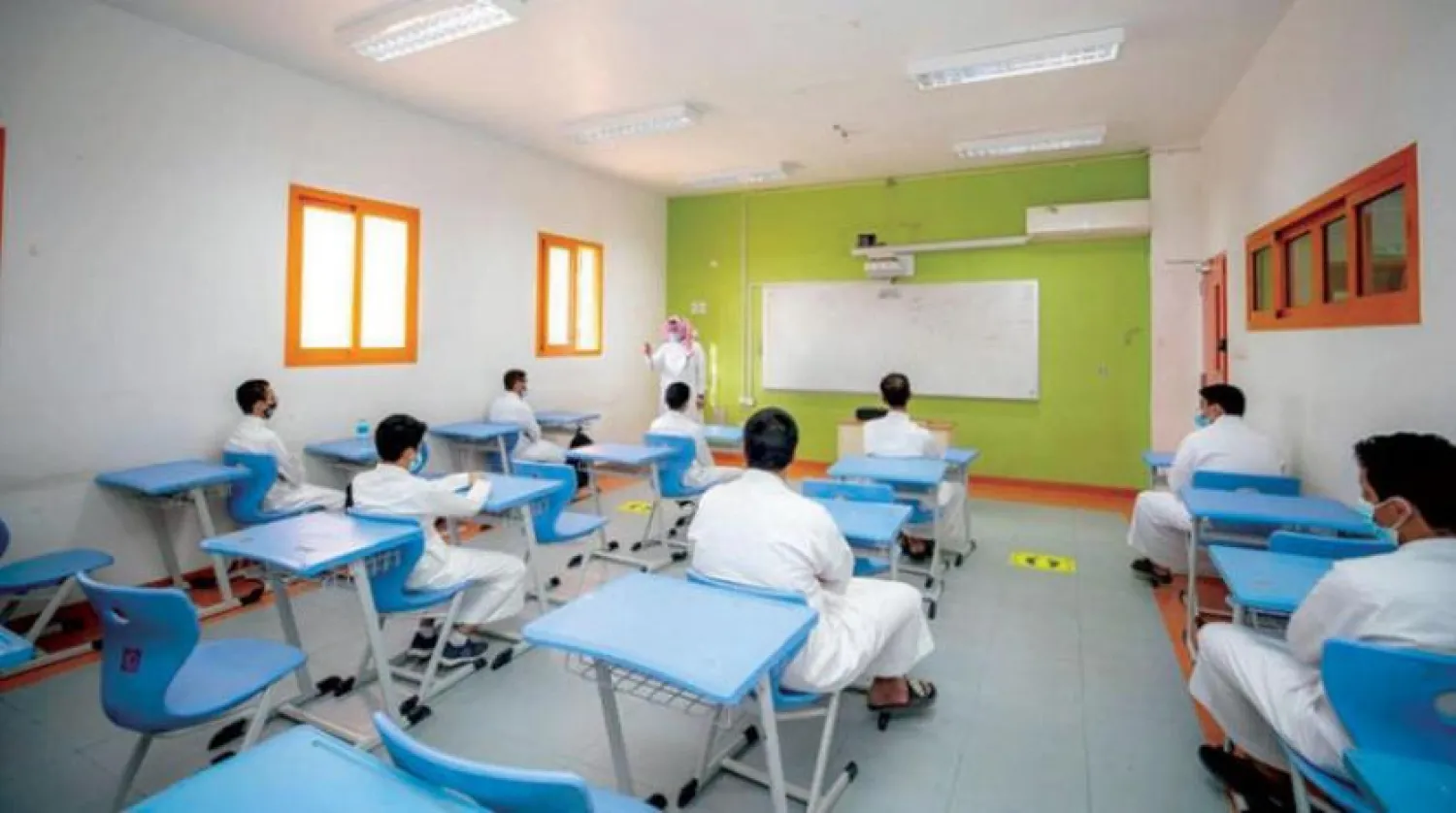A recent survey commissioned by Zurich International Life (Zurich), part of Zurich Insurance Group, revealed that only 4 out of 10 parents in Saudi Arabia have a savings plan dedicated to educating their children.
According to the survey, a copy of which was obtained by Asharq Al-Awsat, 32 % of parents resort to their personal savings to pay for school fees, while 22% of them rely on personal loans.
Conducted in partnership with research firm YouGov in July 2022, the survey covered over 1,500 GCC residents across the UAE, Saudi Arabia, Qatar, and Bahrain. It also included parents and married residents across various income groups, occupations, age groups, and gender.
“Our recent survey has unearthed interesting insights including the fact that a good 62 % of parents in the GCC use their monthly income for school-related expenses while the majority of others rely on personal savings or loans,” said Rayner Britto, Head of Distribution at Zurich International Life.
“With the increasing cost of education and uncertainties of life, parents should seriously consider investing in a structured savings plan to support their child’s education. Always back your education savings plan with life insurance cover, which fully protects you and secures your child’s future,” added Britto.
“43% of the parents surveyed said that a better understanding of education savings plans and their benefits would motivate them to invest in the same,” noted Britto.
Most of those surveyed from Saudi Arabia stated that tuition fees are a source of great concern.
The results of the survey showed that the average annual cost of education is SR14,400 ($3,800), at a time when tuition fees constitute 40% of the monthly income of 7 out of 10 couples in Saudi Arabia.
The study also revealed that levels of trust were not high as only 30% of the Saudi population were confident that they would be able to financially support their children’s additional education.









